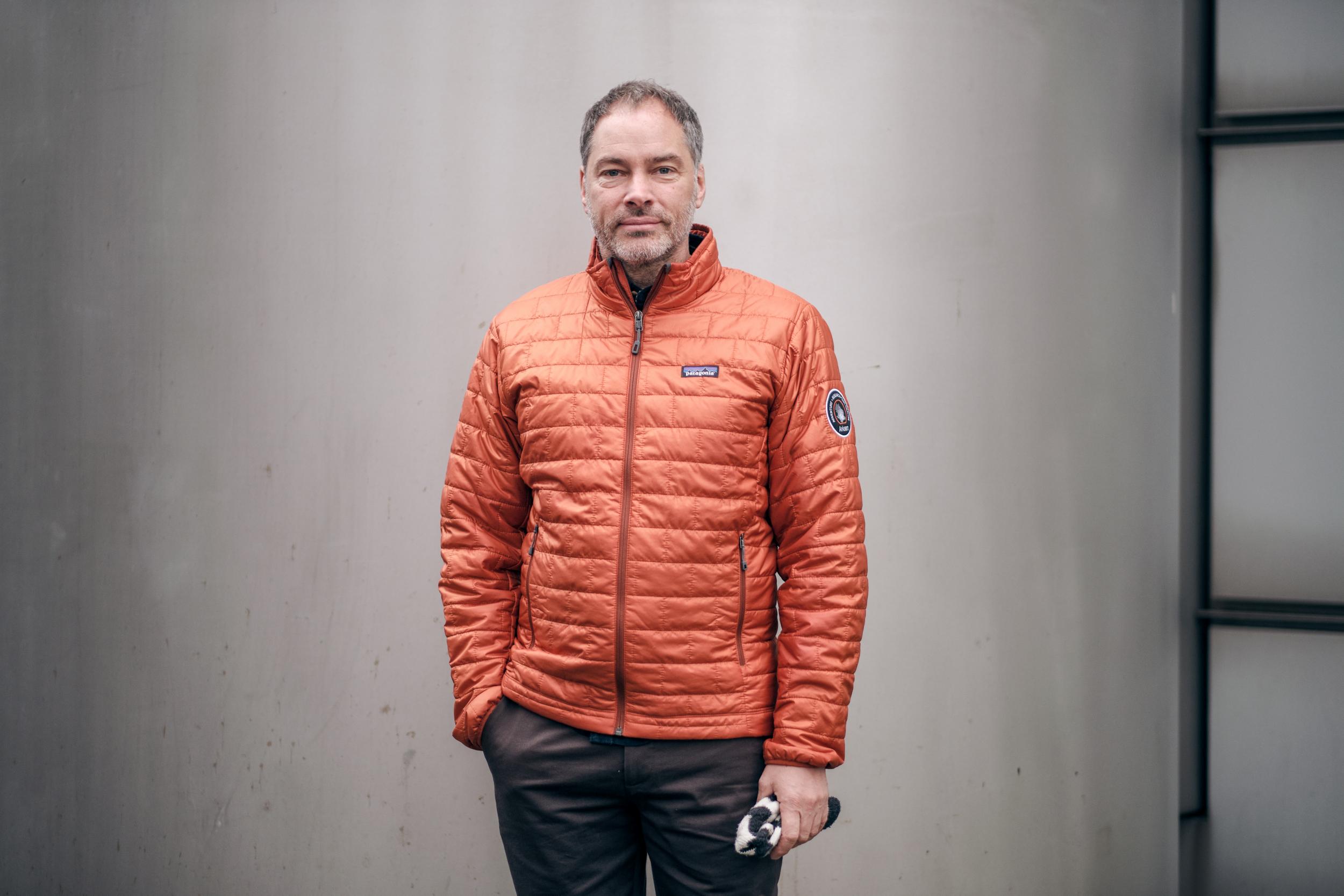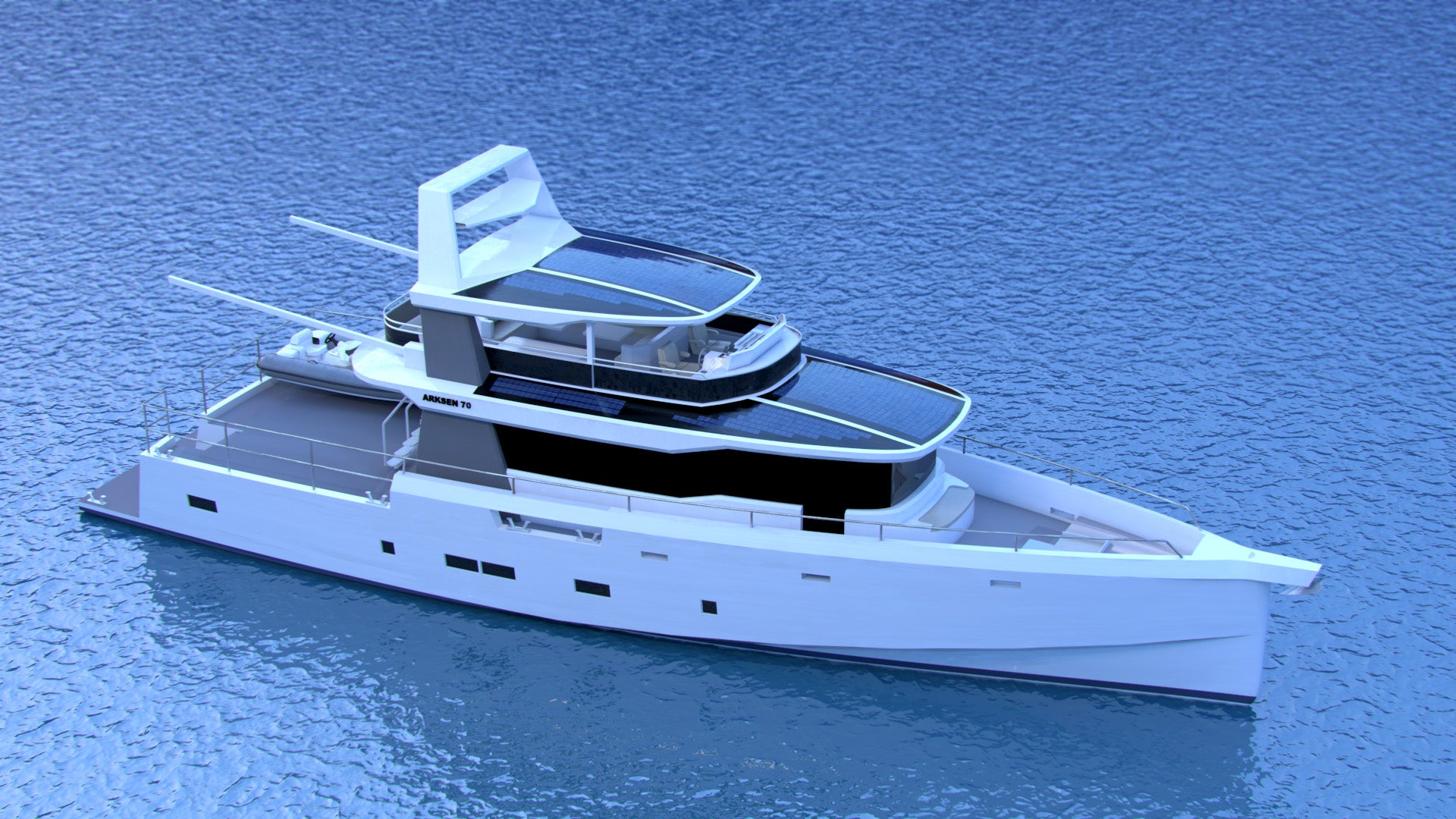World Oceans Day: Could supersized expedition yachts be the way to save the world’s seas?

What don’t we know about the ocean? Well – quite a lot, as it turns out. Only 5 per cent of the world’s oceans have been mapped; the other 95 per cent are a total mystery.
We do know that they’re in trouble.
A recent study showed that plastic litter in the sea has significantly increased since the 1990s, according to researchers from the Marine Biological Association and the University of Plymouth, which examined data collected over 60 years and 6.5 million nautical miles. They concluded that there had been a “significant increase” in larger plastic items found in the ocean from 1957 to 2016.
There are multiple ways to make a drop in the proverbial. One way, as a technology entrepreneur found out, is via a high-spec, high-end yacht exploration company that combines a charitable foundation and upscale tour company.
Jasper Smith, the former CEO of technology firm PlayJam, founded Arksen to drive deeper knowledge and research of the ocean through its multi-purpose vessels.
Arksen’s bread and butter is high-tech expedition yachts capable of ploughing through rough seas as far-flung as the South Pacific or the Arctic Ocean off Greenland. They’re certainly not the sort of yacht you see bobbing off Ibiza, although they’re just as slick. Rather, they’re designed for intense exploration and research; for scientists, the media, researchers, tourists... and just plain old sailors, Smith tells me. Basically, anyone who wants to explore the remote bits of our ocean, for whatever purpose, and hasn’t got the gear to do it.
A keen sailor for the past three decades (“I’ve had some amazing journeys, and have been a mountaineer for many years,” he says), he once sailed from Sydney to Alaska, via Kamchatka in Russia, and climbed every volcano in between. It took him seven months and during that journey, he met some “amazing people”. He’s also sailed up to Iceland, around the Faroe Islands, around the UK – and even across the Atlantic.

Adventure has always been part of his life, but during his travels, Smith found that existing vessels weren’t built with adventure in mind. Which is where the idea for Arksen came about: Smith needed a high-spec vessel that he could use for longer trips to properly explore the uncharted corners of the ocean.
“The lust to go off and do these far-flung trips is at our core of Arksen, but we’re also a technology company,” says Smith. “If you want an adventure boat, you need to take a much more holistic view of the technology. We can effectively see problems and things wearing as they go. They’re the Land Rover of the sea with the smarts of Tesla.”
The Arksen Series yachts have a 6,000-mile range and can spend up to three months at sea. They’re made of fully recyclable and sustainable materials. So far, they’ve been snapped up by traditional yacht owners, researchers and environmental foundations, dive expeditions, coral restoration projects, film and production companies and media groups. And the price? For an 85-foot UK-designed and assembled yacht, expect the price to hover around the £4.5-5m mark.

For intrepid sailors, there’s the Arksen Explorers’ Club. It offers four curated sailing itineraries, inspired by the world’s most influential adventurers, including Jacques Cousteau and Fridtjof Nansen. These journeys cross the globe: Cousteau’s adventure is through the Galapagos and Central America, while Nansen’s is through the Arctic Circle.
Arksen is also the link between adventure and conservation, says Smith. Significantly, the other arm of the business is the non-profit foundation. As part of owning a vessel, owners have to dedicate 10 per cent of their yacht’s sea time annually to mutually decided conservation projects. Additionally, Arksen has pledged 1 per cent of annual sales to environmental causes – which, considering each yacht is a cool £5m, is a considerable amount of cash ploughed back into ocean conservation.
“Every sailor I know is a profound supporter of the oceans, and we do everything we can to effect change,” says Smith. “As a funding and advocacy group, we can push that agenda forward.”
So far two yachts have been sold and there a few more deals in the pipeline, says Smith, who estimates that between three and five yachts will be built a year (they’re all assembled on the Isle of Wight). He himself plans to buy one to donate it to the foundation.
He sums it up: “The whole Arksen project comes from a love of the ocean.”
Join our commenting forum
Join thought-provoking conversations, follow other Independent readers and see their replies
Comments
Bookmark popover
Removed from bookmarks